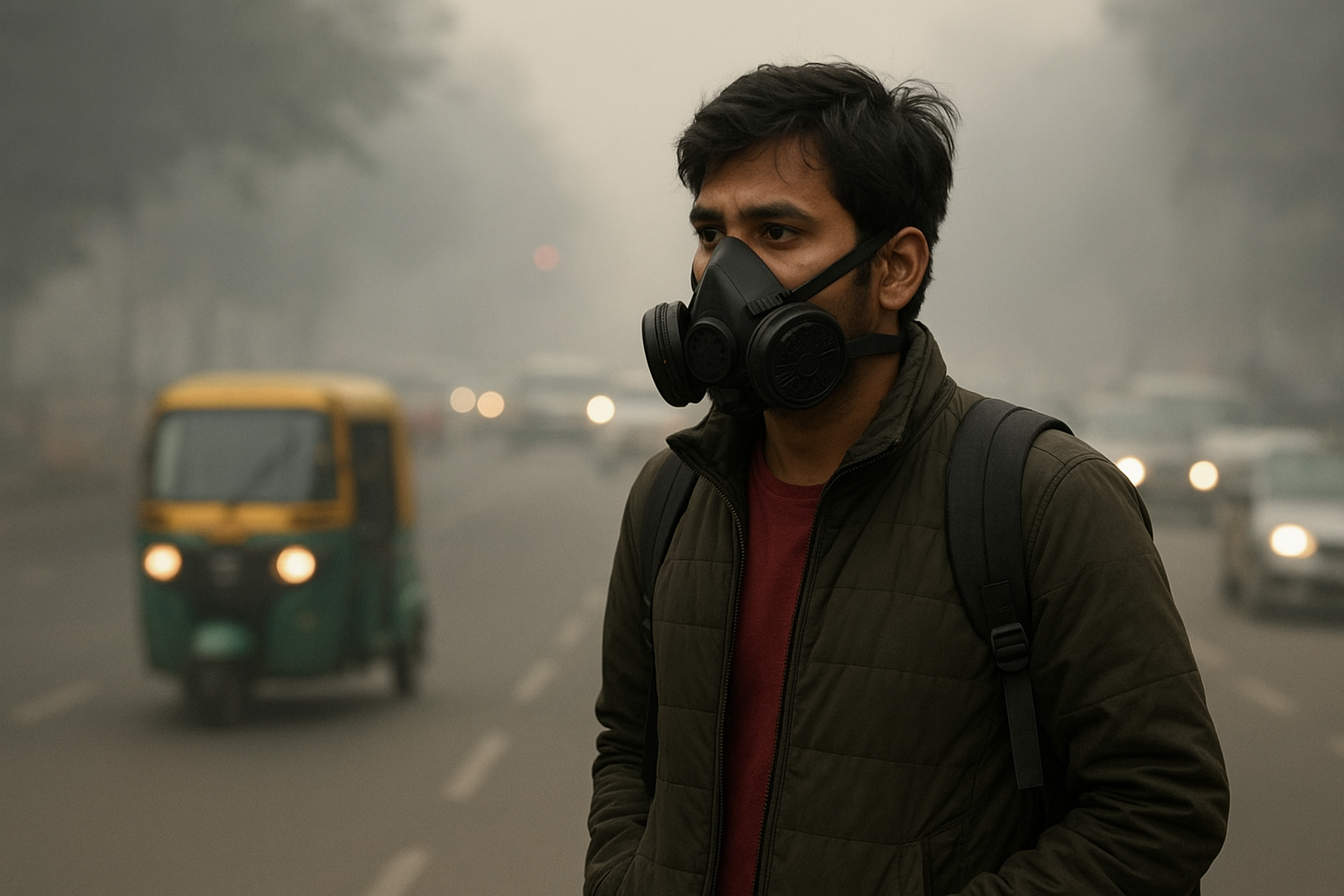Delhi’s air quality has been under the spotlight for years, but a new concern has emerged dangerously high levels of mercury in the air. Health experts are now warning that this toxic metal could pose serious risks to vital organs, especially the kidneys.
Mercury Pollution in Delhi A Growing Threat
Mercury is not commonly discussed in air pollution reports, which usually focus on PM2.5, PM10 or nitrogen dioxide. However, industrial emissions, coal burning, and improper e-waste disposal have silently contributed to rising mercury concentration in Delhi’s atmosphere over time. What makes mercury more alarming is that even minimal exposure can accumulate in the body.
How Mercury Affects the Body Key Findings
Recent health reports suggest that mercury exposure doesn’t just harm the lungs — it can directly affect the kidneys, nervous system, and heart. Here’s how mercury impacts kidney health:
- The kidneys are responsible for filtering toxins, and mercury overload puts them under immense stress.
- Continuous exposure may lead to protein leakage in urine, an early sign of kidney dysfunction.
- Long-term accumulation can trigger chronic kidney disease (CKD) without obvious symptoms in the early stages.
What Medical Experts Are Saying
Healthcare professionals are sounding the alarm. While commenting on the issue, nephrologists note that mercury binds to kidney tissues, making it difficult for the organs to flush it out. Many doctors recommend people in polluted cities like Delhi get routine kidney function tests, especially if they already suffer from diabetes or hypertension.
Why This Issue Deserves Attention
Delhi’s air crisis is no longer just about coughing or irritation it’s turning into a silent internal health hazard. Ignoring mercury exposure could mean a future increase in kidney-related diseases, which already account for a rising number of hospital admissions in urban India.
(Related: Rising Kidney Disease Cases in India Is Pollution the Hidden Culprit?)
What Can Be Done Next?
Health authorities are pushing for:
- Better emission control from factories and waste processing units
- Public awareness campaigns on air toxicity beyond particulate matter
- Encouraging citizens to use indoor air purifiers and wear proper respirator masks, not just cotton masks
Individuals can also adopt kidney-friendly practices like hydration, low-sodium diets, and antioxidant-rich foods to support detoxification.
Final Take
Delhi’s mercury-laced air is a hidden health emergency. While the city battles smog each winter, toxic metals like mercury are silently taking a toll on internal organs, especially the kidneys. Staying informed and taking early preventive steps could make all the difference in long-term health.



